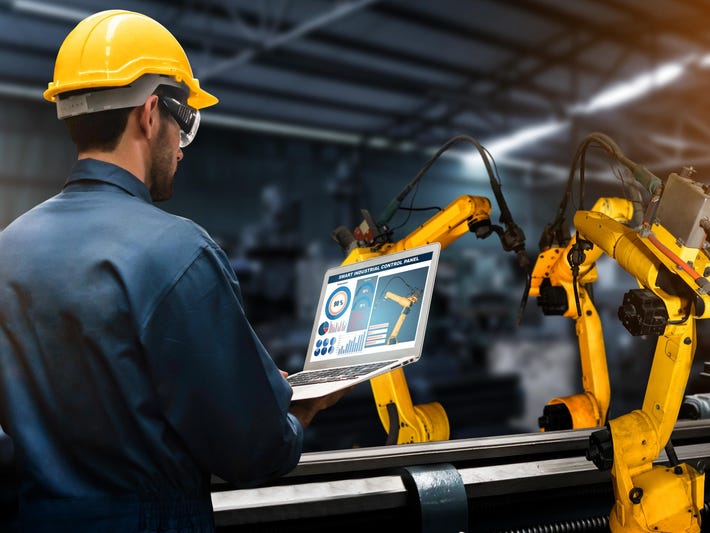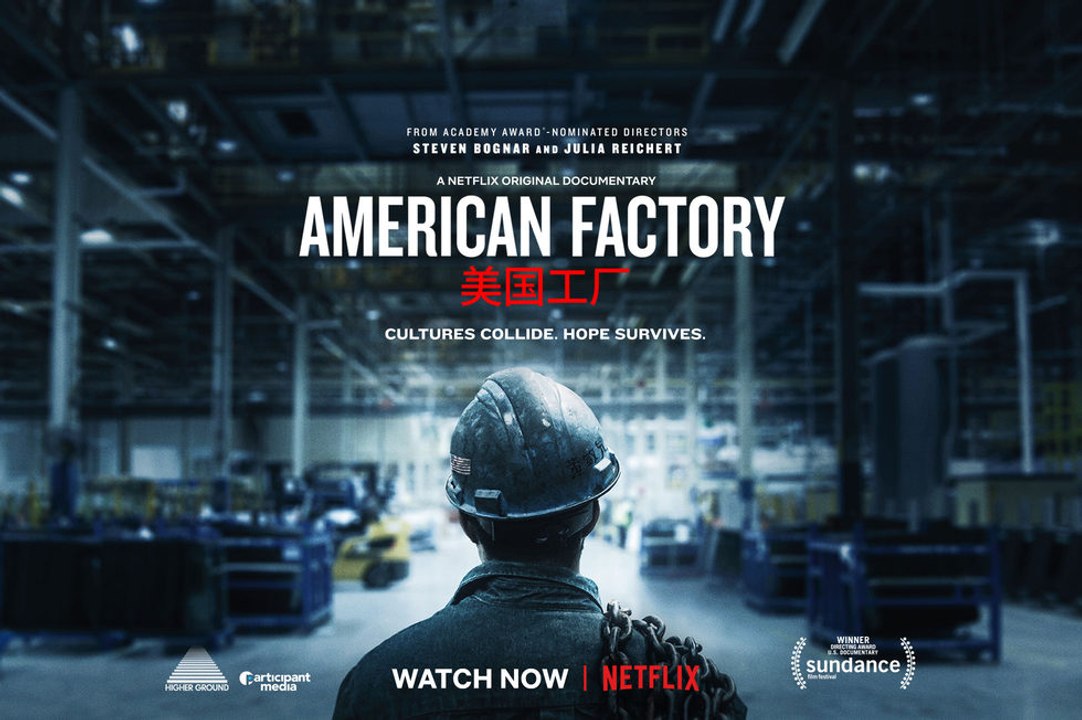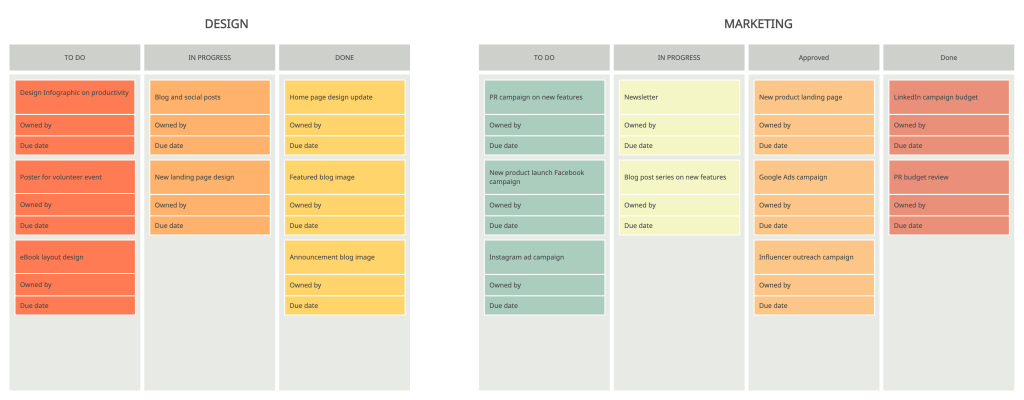
Are you looking for New Jersey logistics jobs? These jobs require a variety of skills and can be held in a variety of settings. However, a bachelor's degree is preferred. The following qualifications are necessary to obtain a job in logistics management. These skills include the ability to work independently and problem-solve. A positive attitude is essential and you should be able to solve problems naturally.
a bachelor's degree is required
A Bachelor's Degree from an accredited university is required, along with 4+ years experience and demonstrated organizational and time-management abilities, to be eligible for logistics jobs in New Jersey. Strong communication skills are required as well as an ability to speak English fluently. A strong interpersonal skill set is essential, as well as an aptitude for data analysis and leadership skills.

For many of these jobs, a bachelor's degree is required in New Jersey in logistics. The majority of jobs in this area are mid-skill but you can still make lots of money by applying what you know to different industries. New Jersey has many middle-skill jobs that need workers with specialized training. NJCU's Center for Workforce and Community Development has one of these middle skill programs.
Employers will often consider work experience in logistics over a college degree. Prior experience can make you more marketable and increase your chances of getting hired. If you have a bachelor's in logistics, you may be able to get a job as a freight agent or customer service representative. Higher-level jobs in logistics, such as those in management, will become available if you have more experience and are able to demonstrate your skills. Moreover, you can also pursue higher education in logistics, such as postsecondary teaching or research.
Bachelor's degrees are preferred
Some logistics positions require a bachelor’s education. Bachelor’s degrees in related fields are often preferred. Because they can handle complex supply chains, and understand transportation laws, most employers prefer applicants who hold a bachelor’s degree. In addition, a bachelor's degree program gives students a broad background in logistics, which helps them build their professional networks. A customer service representative or freight agent could be an entry-level position in logistics. Management positions might become available if you have the right qualifications and training. Other options for higher-level logistics positions include research, postsecondary teaching, and consulting.
Employers prefer to have a bachelor's level in logistics. But, associates can also be accepted. Some cases may allow for work experience to replace formal education. Work experience in specific areas, such as warehouse management or data analysis, can also be helpful to job seekers. But a bachelor's degree is still preferable in logistics jobs in New Jersey. A bachelor's level in logistics will enable you to fully understand the supply chain. Many companies require a bachelor’s in logistics, especially if they are involved with large-scale transactions.

For a career in Industrial Engineering, you will need to have a bachelor’s degree along with experience in manufacturing and industrial facilities. Furthermore, you should be able speak fluently with employees and have knowledge about municipal coding rules. An Industrial Engineer should have at least six years of relevant work experience and be familiar with the working conditions in industries that are similar to the ones you are applying for.
FAQ
What are the requirements to start a logistics business?
To be a successful businessman in logistics, you will need many skills and knowledge. To communicate effectively with clients and suppliers, you must be able to communicate well. You need to understand how to analyze data and draw conclusions from it. You must be able manage stress and pressure under pressure. You need to be innovative and creative to come up with new ways to increase efficiency. You need to have strong leadership qualities to motivate team members and direct them towards achieving organizational goals.
You should also be organized and efficient to meet tight deadlines.
What are the 7 Rs of logistics?
The acronym 7R's of Logistic is an acronym that stands for seven fundamental principles of logistics management. It was created by the International Association of Business Logisticians and published in 2004 under its "Seven Principles of Logistics Management".
The acronym consists of the following letters:
-
Responsible – ensure that all actions are legal and don't cause harm to anyone else.
-
Reliable – have faith in your ability and capability to keep promises.
-
Reasonable - make sure you use your resources well and don't waste them.
-
Realistic - Consider all aspects of operations, including environmental impact and cost effectiveness.
-
Respectful - show respect and treat others fairly and fairly
-
Resourceful - look for opportunities to save money and increase productivity.
-
Recognizable: Provide customers with value-added service
How is a production manager different from a producer planner?
A production planner is more involved in the planning phase of the project than a project manger.
What do we need to know about Manufacturing Processes in order to learn more about Logistics?
No. No. It is important to know about the manufacturing processes in order to understand how logistics works.
Statistics
- (2:04) MTO is a production technique wherein products are customized according to customer specifications, and production only starts after an order is received. (oracle.com)
- According to the United Nations Industrial Development Organization (UNIDO), China is the top manufacturer worldwide by 2019 output, producing 28.7% of the total global manufacturing output, followed by the United States, Japan, Germany, and India.[52][53] (en.wikipedia.org)
- Many factories witnessed a 30% increase in output due to the shift to electric motors. (en.wikipedia.org)
- [54][55] These are the top 50 countries by the total value of manufacturing output in US dollars for its noted year according to World Bank.[56] (en.wikipedia.org)
- It's estimated that 10.8% of the U.S. GDP in 2020 was contributed to manufacturing. (investopedia.com)
External Links
How To
How to Use the Just-In-Time Method in Production
Just-intime (JIT), which is a method to minimize costs and maximize efficiency in business process, is one way. It's a way to ensure that you get the right resources at just the right time. This means that your only pay for the resources you actually use. Frederick Taylor first coined this term while working in the early 1900s as a foreman. After observing how workers were paid overtime for late work, he realized that overtime was a common practice. He concluded that if workers were given enough time before they start work, productivity would increase.
JIT teaches you to plan ahead and prepare everything so you don’t waste time. The entire project should be looked at from start to finish. You need to ensure you have enough resources to tackle any issues that might arise. If you anticipate that there might be problems, you'll have enough people and equipment to fix them. This will prevent you from spending extra money on unnecessary things.
There are many types of JIT methods.
-
Demand-driven: This is a type of JIT where you order the parts/materials needed for your project regularly. This will let you track the amount of material left over after you've used it. It will also allow you to predict how long it takes to produce more.
-
Inventory-based: This type allows you to stock the materials needed for your projects ahead of time. This allows for you to anticipate how much you can sell.
-
Project-driven: This method allows you to set aside enough funds for your project. Once you have an idea of how much material you will need, you can purchase the necessary materials.
-
Resource-based JIT : This is probably the most popular type of JIT. Here you can allocate certain resources based purely on demand. If you have many orders, you will assign more people to manage them. If you don't receive many orders, then you'll assign fewer employees to handle the load.
-
Cost-based : This is similar in concept to resource-based. But here, you aren't concerned about how many people your company has but how much each individual costs.
-
Price-based: This is very similar to cost-based, except that instead of looking at how much each individual worker costs, you look at the overall price of the company.
-
Material-based is an alternative to cost-based. Instead of looking at the total cost in the company, this method focuses on the average amount of raw materials that you consume.
-
Time-based JIT is another form of resource-based JIT. Instead of focusing only on how much each employee is costing, you should focus on how long it takes to complete your project.
-
Quality-based: This is yet another variation of resource-based JIT. Instead of worrying about the costs of each employee or how long it takes for something to be made, you should think about how quality your product is.
-
Value-based JIT : This is the newest type of JIT. In this case, you're not concerned with how well the products perform or whether they meet customer expectations. Instead, your focus is on the value you bring to the market.
-
Stock-based. This method is inventory-based and focuses only on the actual production at any given point. It's used when you want to maximize production while minimizing inventory.
-
Just-in time (JIT), planning: This is a combination JIT/supply chain management. It's the process of scheduling delivery of components immediately after they are ordered. This is important as it reduces lead time and increases throughput.